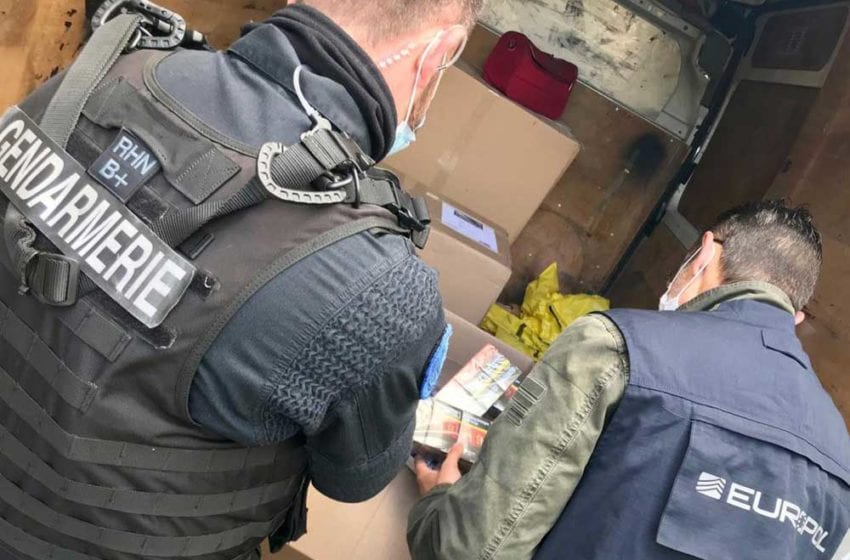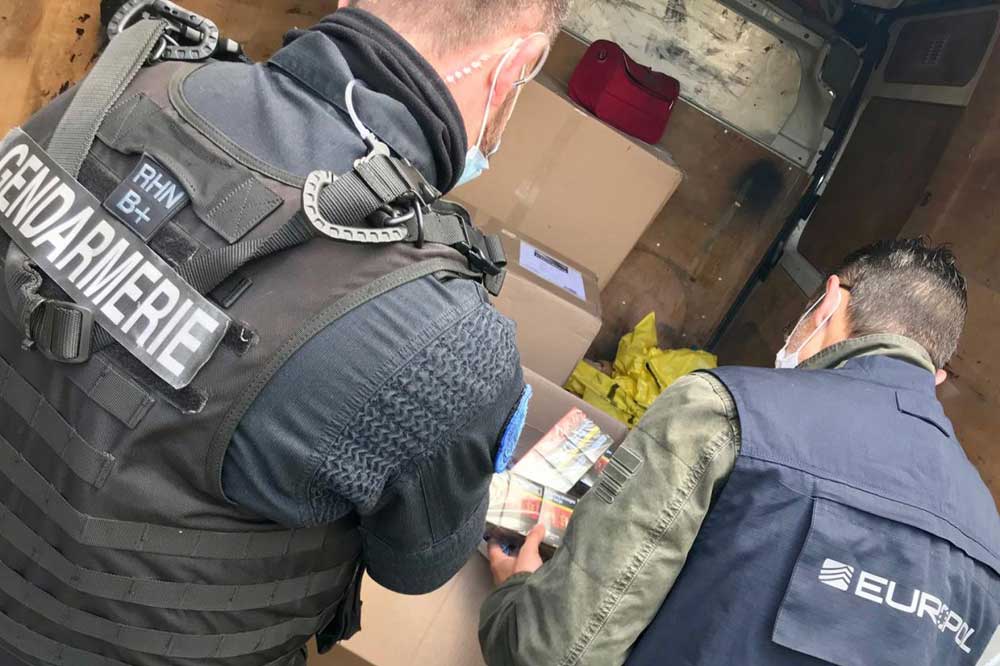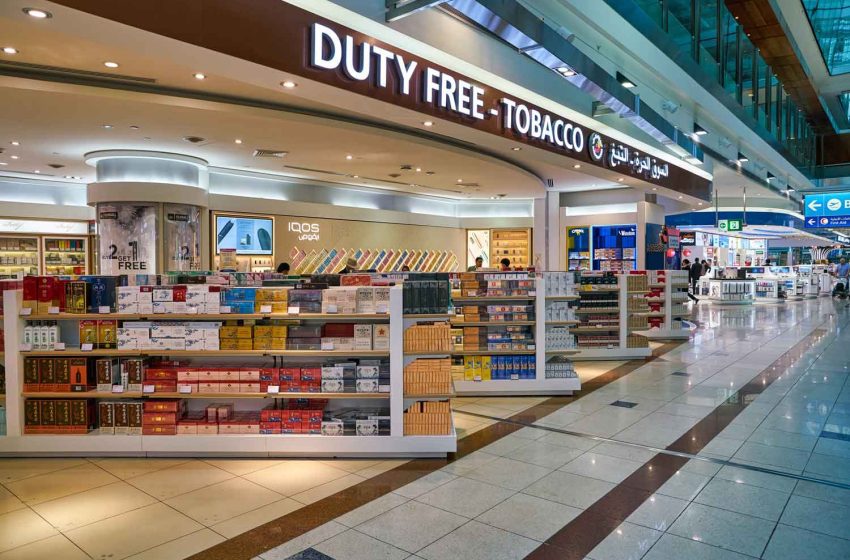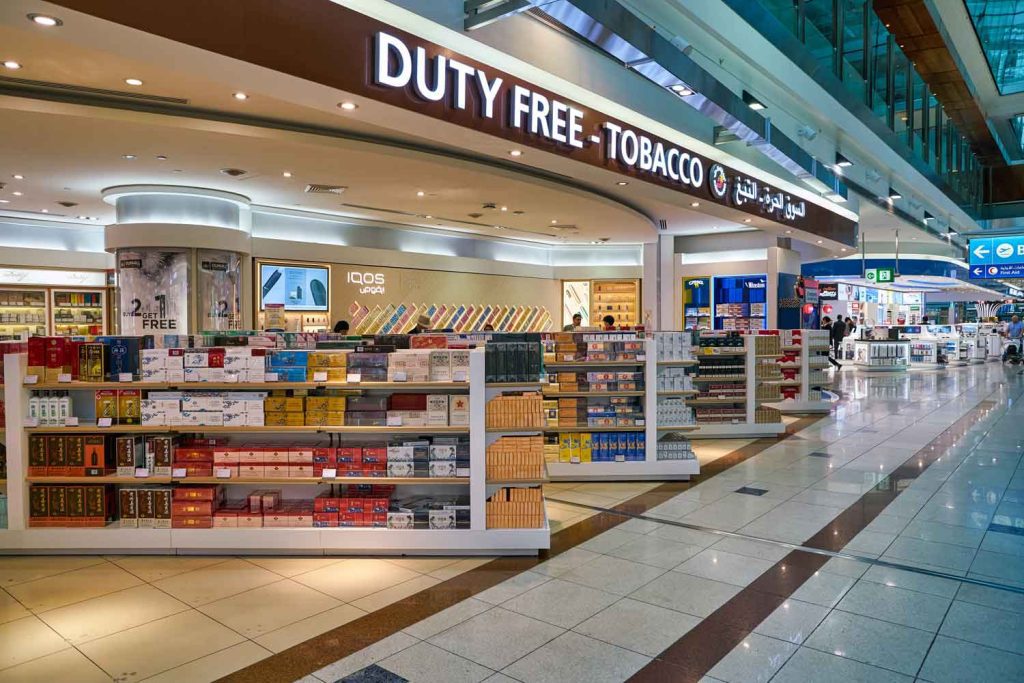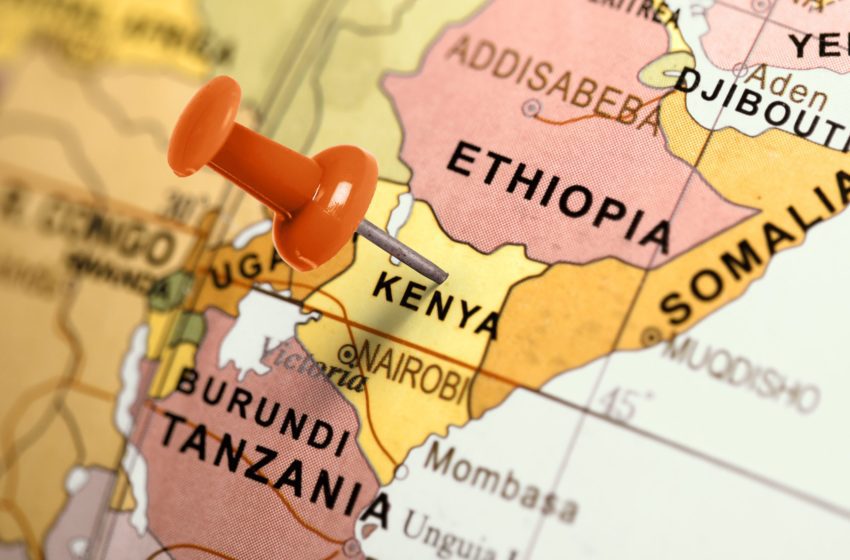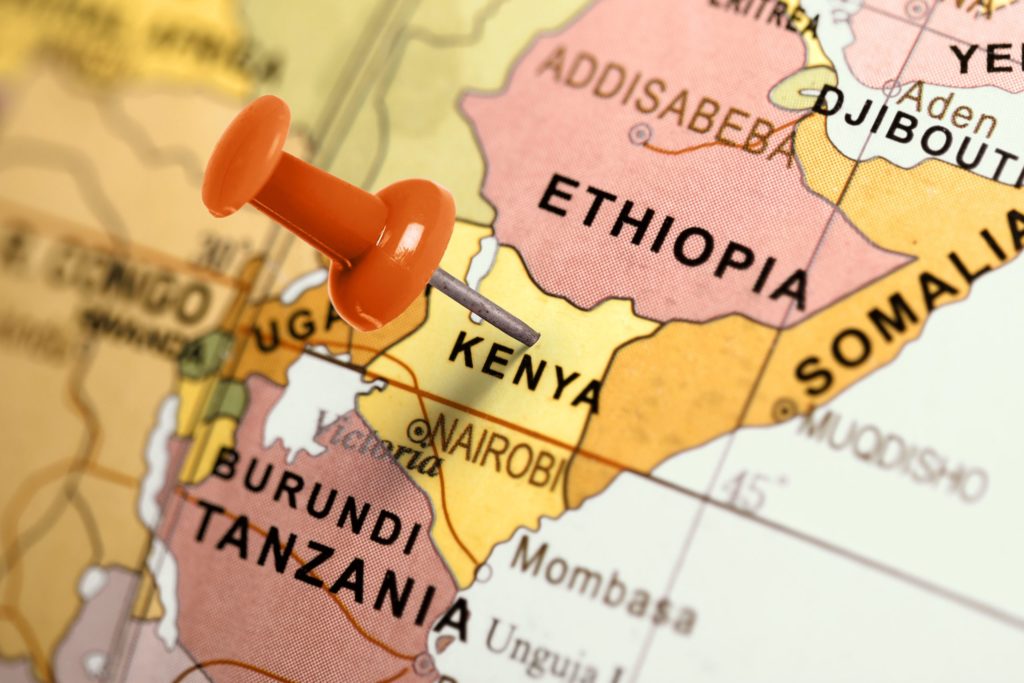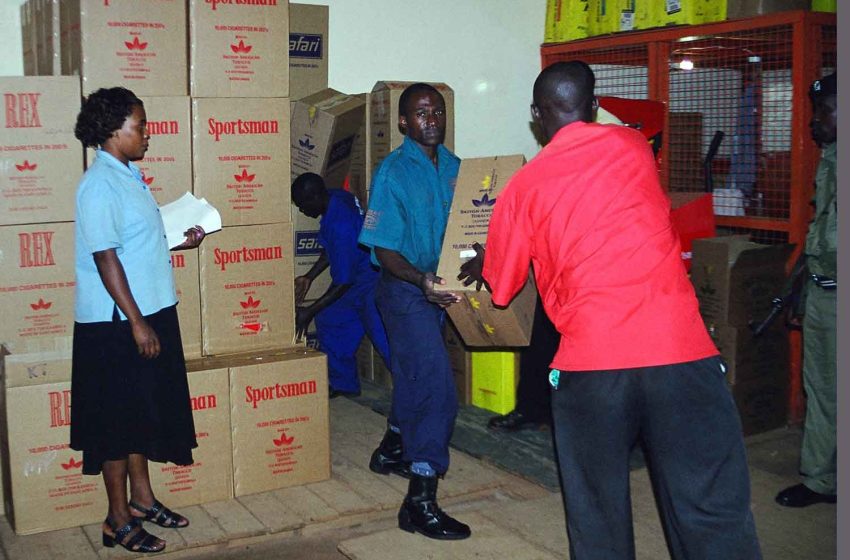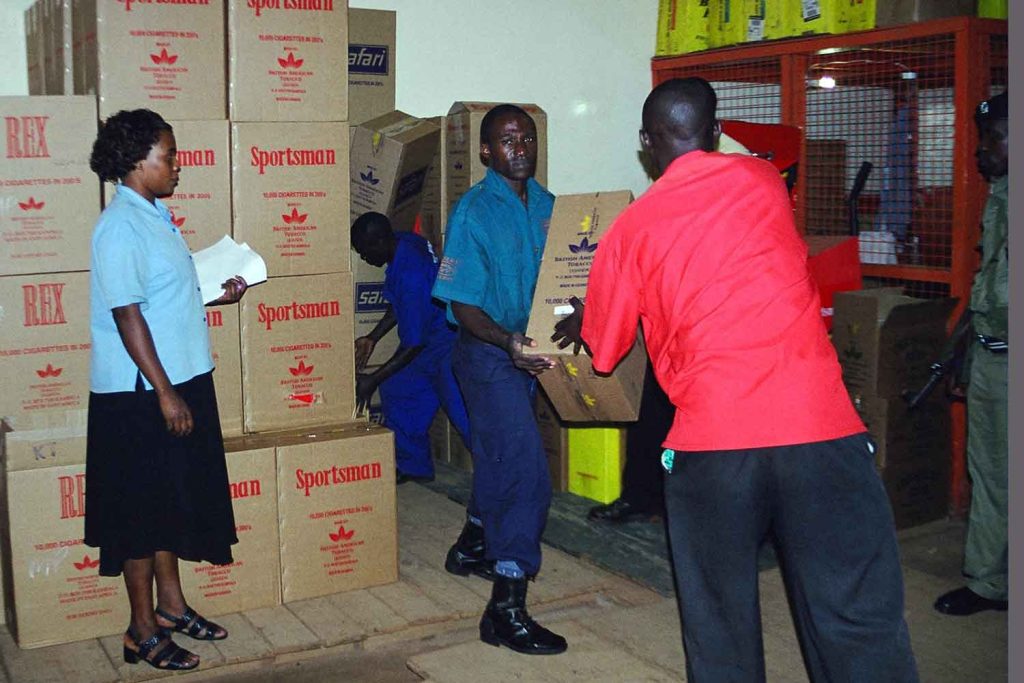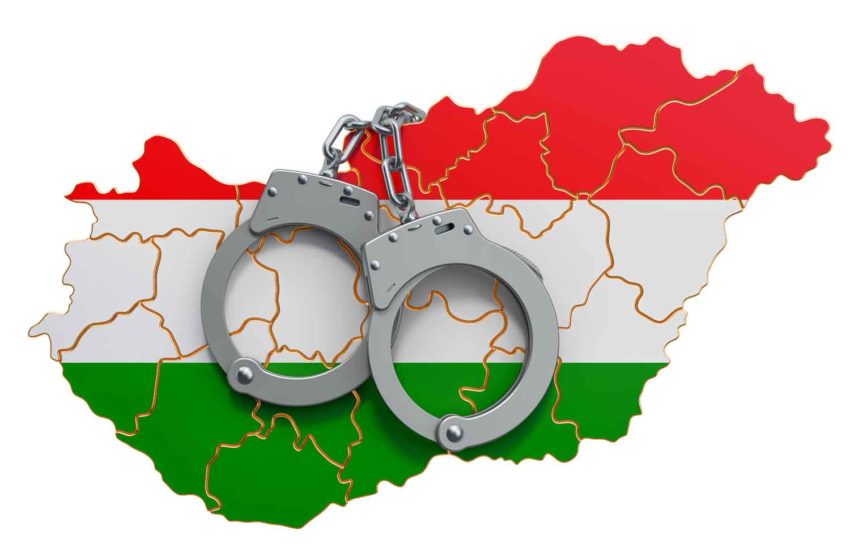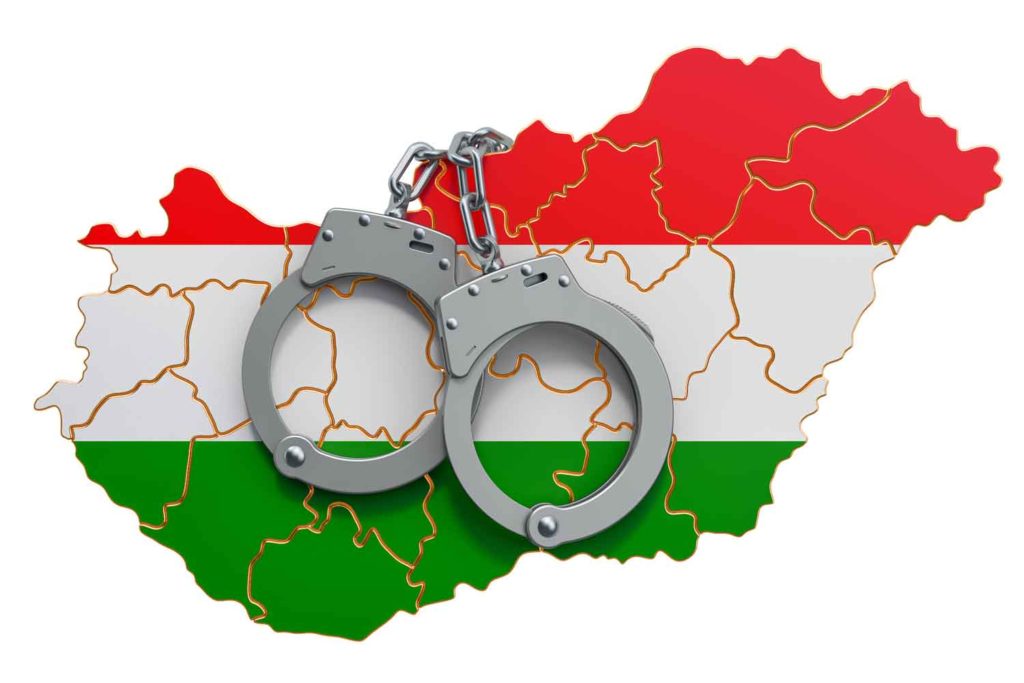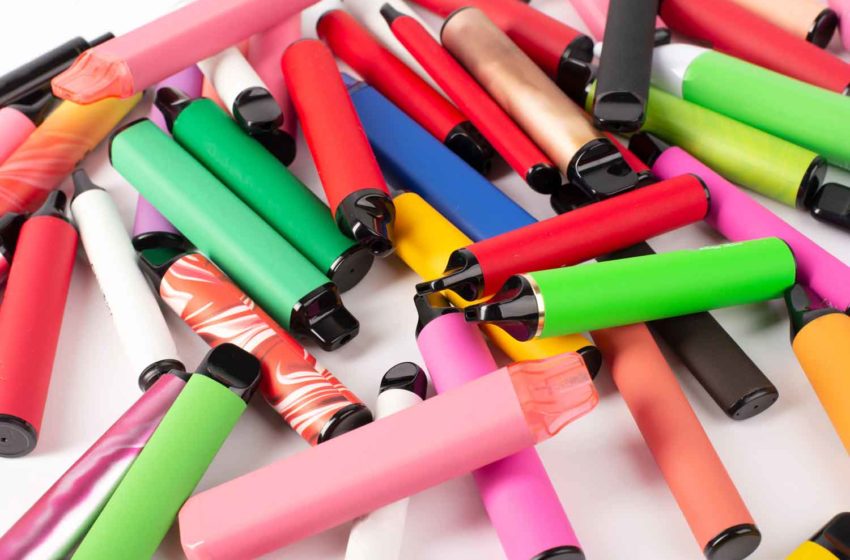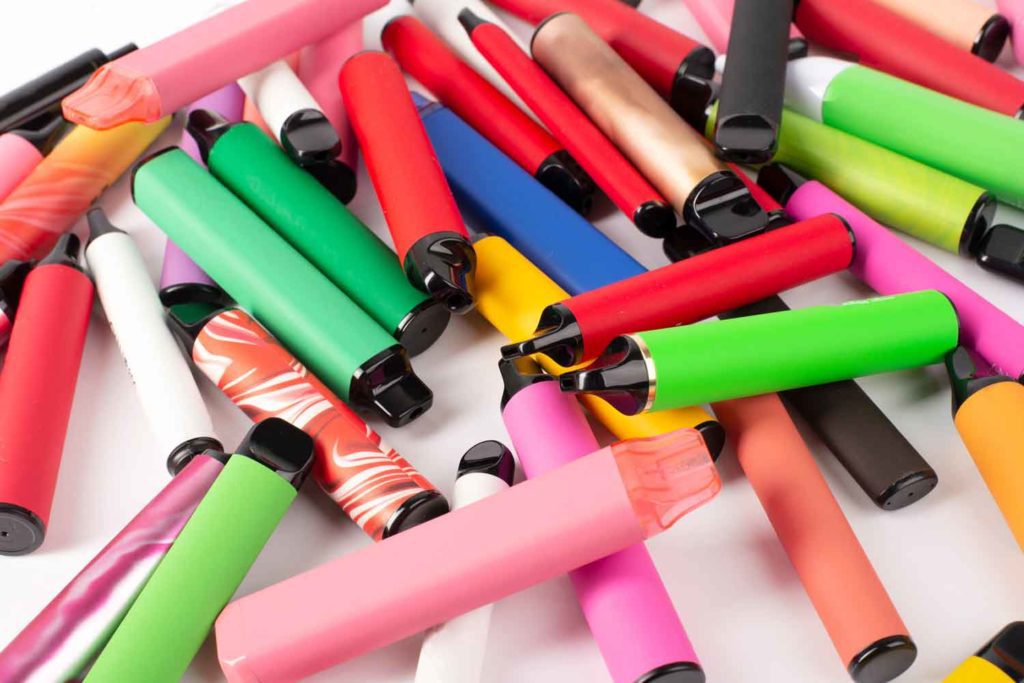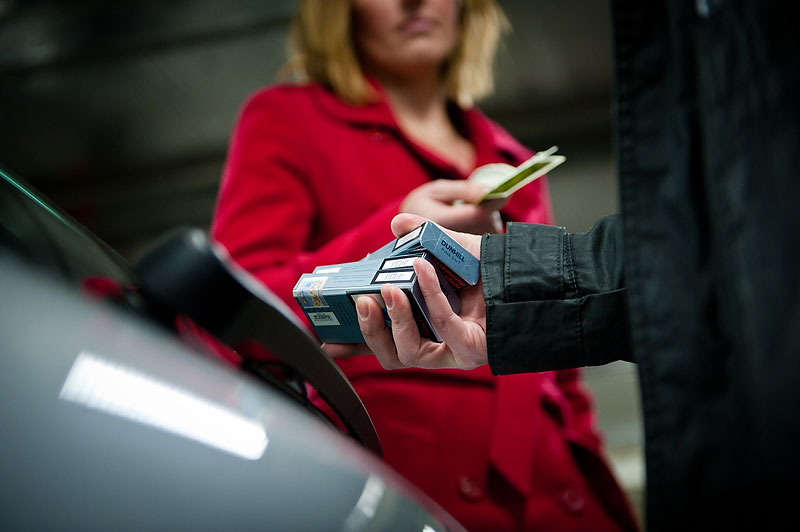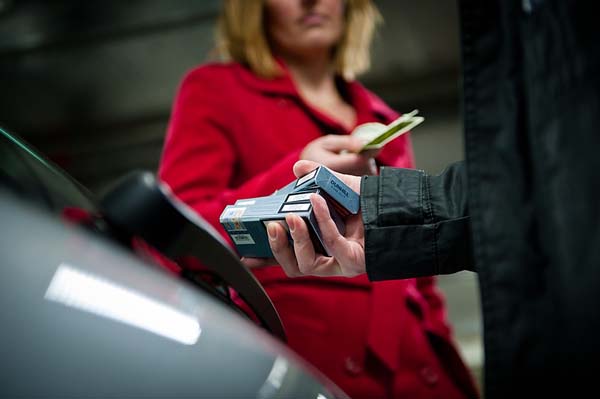EU members state governments “lost” an estimated €11.3 billion ($12.32 billion) in tax revenue due to illicit cigarettes sales in 2022—8.5 percent more than in 2021, according to a KPMG study commissioned by Philip Morris Products. The study, which examined illicit cigarette consumption in the EU, U.K., Norway, Switzerland, Moldova and Ukraine, shows that 35.8 billion illicit cigarettes were smoked across the EU alone.
The growth of the illicit market in the EU was partly driven by the continued rise of counterfeit consumption, which reached its highest level ever recorded. Notably, the vast majority of counterfeits (61.5 percent) were consumed in France.
In response to KPMG’s findings, Philip Morris called for a reassessment of policy choices that may be contributing to the year-over-year growth of the illicit market in the region and for innovative approaches that can help drive millions away from continued smoking to be considered.
“Some countries unwilling to embrace innovation and make better alternatives to cigarettes available to adult smokers who would otherwise continue smoking continue to rely on policies that have contributed to the current state of illicit trade,” said Gregoire Verdeaux, senior vice president of external affairs at PMI, in a press release. “The cost of ignoring the negative impact of illicit cigarettes on adult smokers, and on public health, is too high to turn a blind eye to. It has truly become a ‘made in the EU’ problem, as fake cigarettes are being manufactured, distributed, sold and consumed in countries within the EU, undermining efforts to reduce and eliminate cigarette smoking—and public health goals altogether.”
According to interviews with law enforcement agencies included in the KPMG report, the production and distribution of counterfeit cigarettes within EU borders is increasing, with criminal organizations centering their activities toward higher-taxed and higher-priced EU member states and gaining larger profits. Countries such as Belgium, Denmark, France and Germany are witnessing a growth in cigarette seizures and raids on clandestine manufacturing operations.
“The KPMG report clearly shows how the growth of the illicit cigarette market poses an existential threat to the industry’s sustainability and transformation in Europe,” said Verdeaux. “We can observe how the illicit cigarette problem in the EU has become highly concentrated in a handful of countries where governments have not embraced innovative approaches to effectively deter millions from continued smoking. Traditional tobacco control policies are simply not enough. Aggressive fiscal policies, prohibitionist approaches and lack of deterrence in countries like France and Belgium are only benefitting criminals and pushing adult smokers toward the black market.”
Despite the overall illicit consumption increase, KPMG notes that the majority of EU members—21 out of 27 countries—experienced a stable or declining share of illicit cigarette consumption in 2022. Excluding France, overall illicit consumption in the remaining markets in the study declined by 7.5 percent, largely due to decreases in Greece, the Netherlands, Portugal and Romania. Particularly, in countries like Poland and Romania, illicit consumption reached the lowest-ever incidence since KPMG began publishing its annual studies.
Moldova and Ukraine were included in the KPMG report for the first time. The 2022 findings placed Ukraine as the second-largest market in Europe for illicit cigarette consumption, with 7.4 billion cigarettes, behind France’s 16.9 billion. The share of illicit cigarettes in Ukraine has followed an increasing trend since 2018—in 2022, one out of five cigarettes consumed stemmed from the illicit market. The third-largest illicit market in Europe is the U.K., with 5.9 billion illicit cigarettes, on the rise since 2020.
“In these times of economic hardship, with inflation putting extra pressure on consumer purchasing power, we need robust law enforcement, comprehensive regulatory approaches and forward-thinking policies that can help improve the lives of millions of adults who continue to smoke,” noted Verdeaux. “This includes the adoption of differentiated policies on alternatives to cigarettes, including access to information about better alternatives, and smoke-free products that are available and affordable for all. No one should be left behind.”







